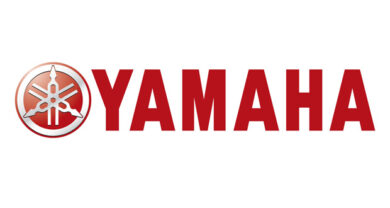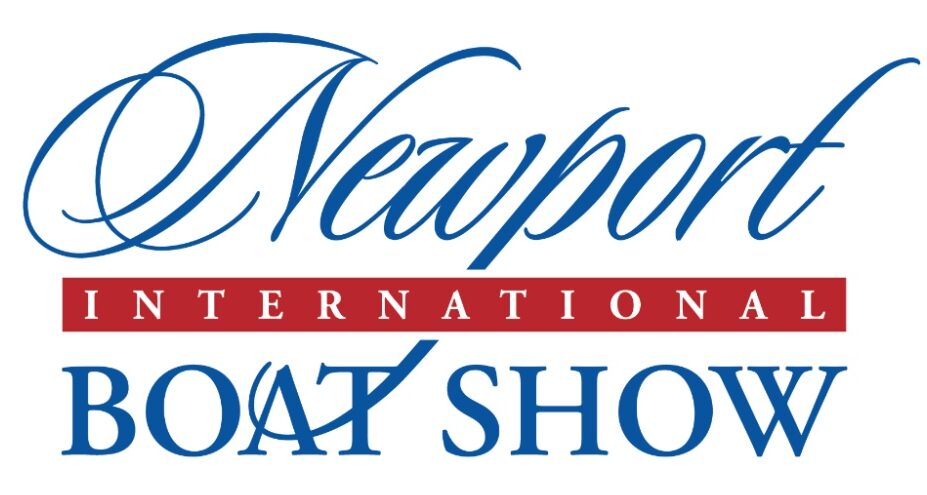Certify it
It’s not easy to make a profit on pre-owned boat sales.
Most dealers who are successful at it struggled at first. Tim Leedham, owner of Bosun’s Marine (Ranked 47 in 2006), is no exception.
“We were always putting too much into our boats; our weakest margin item was our used category, unlike you’ll find at a lot of new car dealerships,” he explains. “Their greatest margin opportunity is with their used car trade-ins because they can balance out their inventories with what they are best at through the auctioneering system. We don’t have that in the marine industry.”
Despite less than ideal conditions, Leedham felt it was necessary to forge ahead. He believes that to be viable as a new boat business, dealers have to offer customers a total package, which includes taking a trade.
Now, pre-owned boats make up about 20 percent of the dealer’s retail sales, and Leedham expects that number to increase to 30-to-33 percent. Pre-owned boat sales have become a profit center for the dealership, though Leedham says he’s still trying to grow its margins.
Some of this success can be attributed to the pre-owned boat certification program Leedham created to mirror that of Lexus. The main difference is that it promotes the dealer’s brand, not that of the manufacturer.
“We have that boat set up from a service standpoint so that when we put it to market, we feel the consumer can go on the water and use it with the same degree of security that he would have in buying a fine quality used car,” he says. “We limit ourselves to a 30-day parts and labor mechanical warranty only because we can’t keep an eye on how something is really being used or abused by the next owner. But the fact of the matter is we service it so that we [won’t] see it again except for the person coming back to tell us how happy they are with it.”
This program’s profitability is tied to knowing when to service a boat for certification and sale — and when to get rid of it. If Bosun’s Marine doesn’t believe it can generate a return on investment from a trade-in — or doesn’t believe the boat fits into its niche market — it sells the boat into the informal wholesale market that exists on Cape Cod. This consists of people who operate out of their cars, buying and selling pre-owned boats to a network of local dealers.
Leedham explains that while there is a place for boats of any price in the market, dealers should be wary of trying to be everything to everyone. A luxury yacht dealer should not be selling 10-year-old runabouts for $2,995 on its lot.
“You should be able to be proud of what you offer used, and proud to represent it as what it is, and have someone be able to buy it with a good sense of confidence,” he says. “That has enabled us to be able to be in the higher end of the valuation range, as represented by NADA or AVIS.”
- To explore more Sales Department Best Practices, click here.
- To return to the best practices home page, click here.
- To return to the Boating Industry home page, click here.




